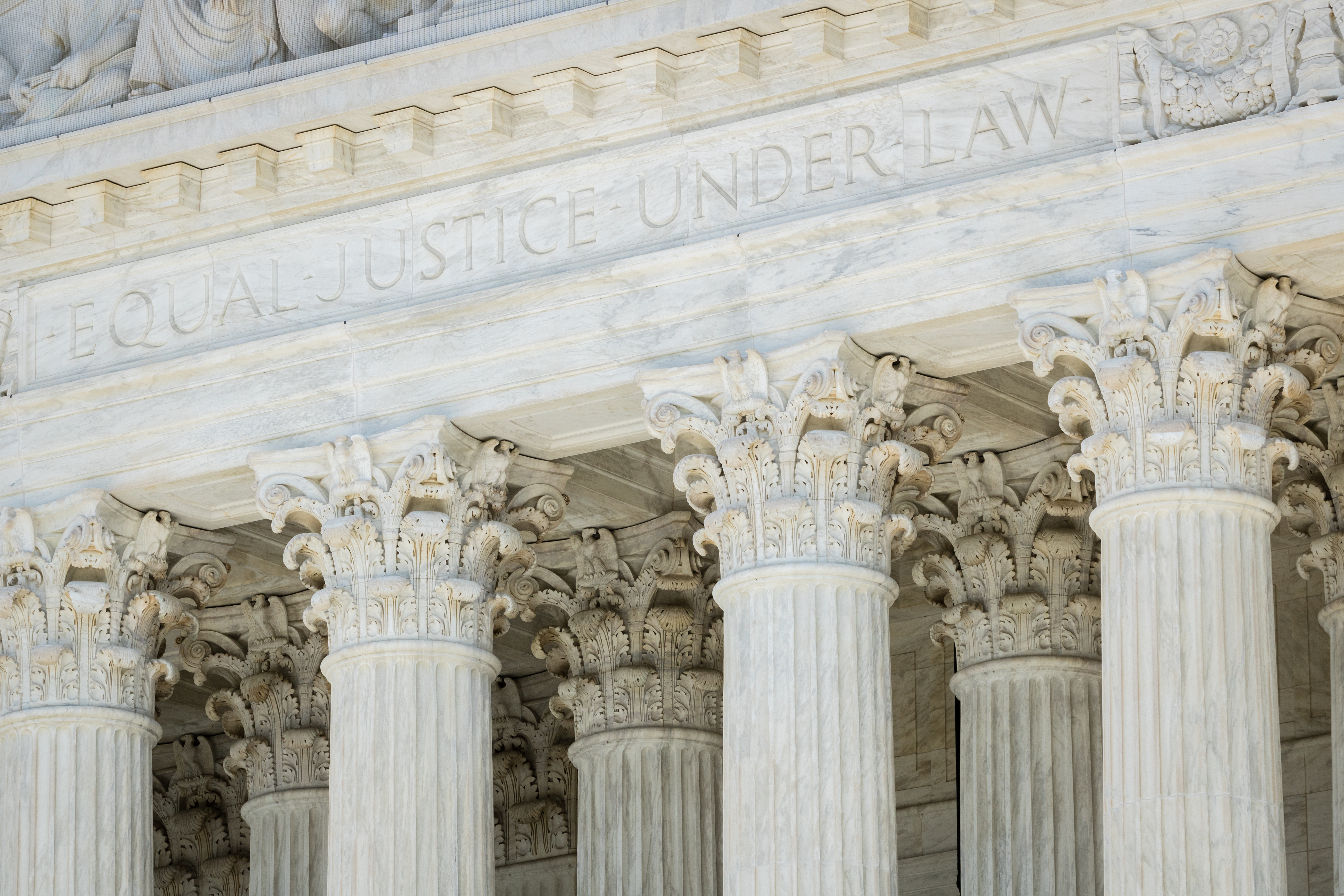
A California federal court granted class certification to businesses accusing the US government of unlawfully rejecting market research analysts’ H-1B visa petitions, certifying a nationwide class of employers who say US Citizenship and Immigration Services systematically misreads the US Department of Labor’s definition of a market research analyst to mean that the position doesn’t qualify as a specialty occupation. Due to the pendency of a newly announced USCIS interim final rule narrowing the definition of a “specialty occupation” when evaluating H-1B visa applications to those with narrowed degree requirements, U.S. Magistrate Judge Susan van Keulen limited to companies that file visa petitions between January 1, 2019, and December 6, 2020, as the rule is slated to take effect December 7, 2020. If the interim final rule, which is the subject of several lawsuits, is enjoined, plaintiffs have indicated they intend to request expansion of the class to encompass petitions filed as of December 7.
The class action represents the latest challenge to attempts by USCIS to narrow the definition of specialty occupation to exclude blanket occupations, where, as in the case of market research analysts, the government indicates that a degree in a narrow subspecialty is not “normally” required by employers. As summarized in the order granting class certification: “Plaintiffs are only challenging the first test, which currently states that a position will qualify as a specialty occupation if “[a] baccalaureate or higher degree or its equivalent is normally the minimum requirement for entry into the particular position.” Dkt. 40 at 10; 8 C.F.R. § 214.2(h)(4)(iii)(A)(1). Plaintiffs allege that USCIS routinely relies on the OOH, which includes a profile of the market research analyst occupation and states that market research analysts typically need a bachelor’s degree in market research or a related field and courses in statistics, research methods, and marketing. Dkt. 40 at 10–12. Further, Plaintiffs allege that USCIS erroneously concludes that the OOH does not establish that the occupation requires a bachelor’s degree or higher in a specific specialty or its equivalent and “fails to give meaning to the term ‘normally’ in the first regulatory test.” Id. at 10–11. Plaintiffs allege that had USCIS properly interpreted and applied the statute, the regulations, and the OOH profile, it would have found that the market research analyst occupation is a specific occupation and would have approved Plaintiffs’ and putative class members’ H-1B petitions. Id. at 12.”
As the courts review these cases, the new administration will be evaluating the agency posture on how restrictive – or not – the H-1B classification should be. The H-1B visa is the only category available for recruiting from the open market, including campus recruiting or lateral talent acquisition. Comments from credible enterprises in the business community are essential to shift the new administration’s perception of how selective but critical major company hiring of foreign students and highly skilled professionals, and to assure the new teams at the Departments of Homeland Security and Labor that companies are selective and competitive when sponsoring H-1B workers.